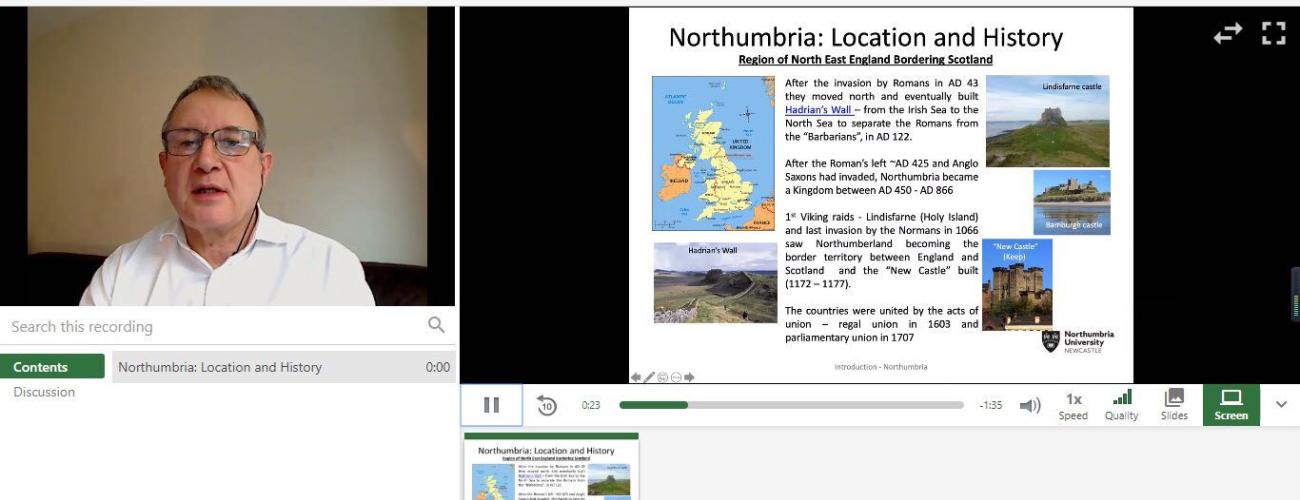
Ian FORBES - University of Northumbria, Newcastle
Ian FORBES - University of Northumbria, Newcastle
Interview: a Sino-European Institute in times of pandemic Michel FARINE, ICARE European Dean
The ICARE program (China-EU Institute for Clean and Renewable Energy), developed jointly with the Huazhong University of Science and Technology (HUST), is coordinated by MINES ParisTech. It was born of a desire to contribute to the development of Sino-European exchanges in areas related to renewable energies.
How did you experience the COVID-19 crisis in China? What support was given to you?
ICARE, which is part of HUST, is located in Wuhan, which was of course the original epicentre of the coronavirus outbreak. Classes did not start up again after spring break and HUST is still closed to students. Teaching staff have just recently started returning to their labs, but are subject to strict health checks.
We’ve felt fully supported by the Chinese-European team, who were all 100% committed to putting students’ needs first as we worked out how to best manage the crisis.
How was the crisis managed with regard to the students?
From the middle of April, our European lecturers started putting up their classes online, usually as PowerPoint presentations with accompanying notes and audio comments, and we plan to continue working like this until August. Our students can therefore work independently from wherever they currently are (many international students have returned home, and our Chinese students are dispersed throughout the country) and then participate in live Q&A sessions with lecturers. Classroom-based exams will be held from September onwards so that students can complete the requirements for their French Master’s qualification.
What main tools were used?
Rain Classroom was used. It allows either delayed or real time teaching. Due to the internet connection quality between China and the different European countries present in ICARE, as well as difficulties linked to the jet lag and the fact that European teachers also teach in Europe, deferred training has been used. Some Q&A sessions are done in real time.
Is this crisis over for you?
No, because on the one hand HUST is not yet accessible, and on the other hand we have no assurance that European professors will be authorized by their respective universities to return to China in September 2020 for the start of the academic year.
You are already preparing for the start of the 2020 academic year: what actions are planned for welcoming students and organizing classes?
On May 14 and 15, 2020, we organized the recruitment for the 2020 promotion. It was done via video conference for the candidates. Four Chinese teachers and two Chinese assistants from the European team in a HUST classroom, and two European teachers on WeChat, participated to this conference.
If our European staff cannot return to China in September, we will continue to run classes remotely. Chinese lecturers should be able to resume teaching as usual, but we don’t yet have any official information from HUST.
What lessons / perspectives do you draw from this crisis?
The most important lesson is one in optimism: despite the intensity of the epidemy in Wuhan, and its spread to the European countries, members of ICARE, we were able to save the academic year. The Sino-European teams kept working together remotely, provided courses, managed 10 students who stayed in France, and recruited the next promotion. This shows that very strong links exist between all team members (professors and administrators) participating in this adventure.
Developments and prospects will very much depend on these strong links between the team members of this emblematic Sino-European cooperation project…. But not only on them.

